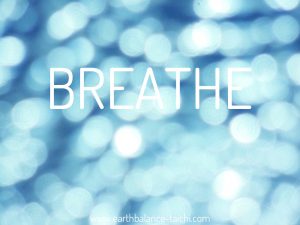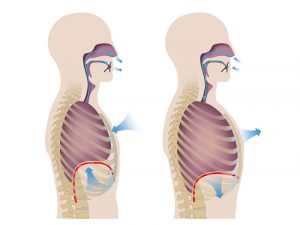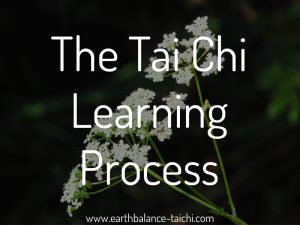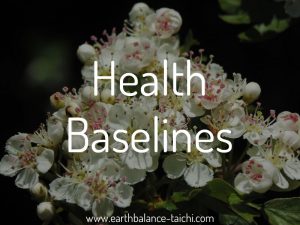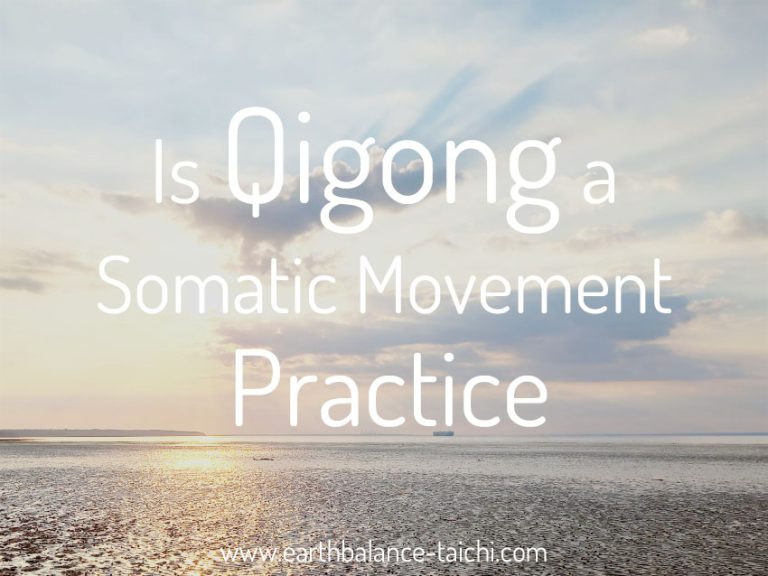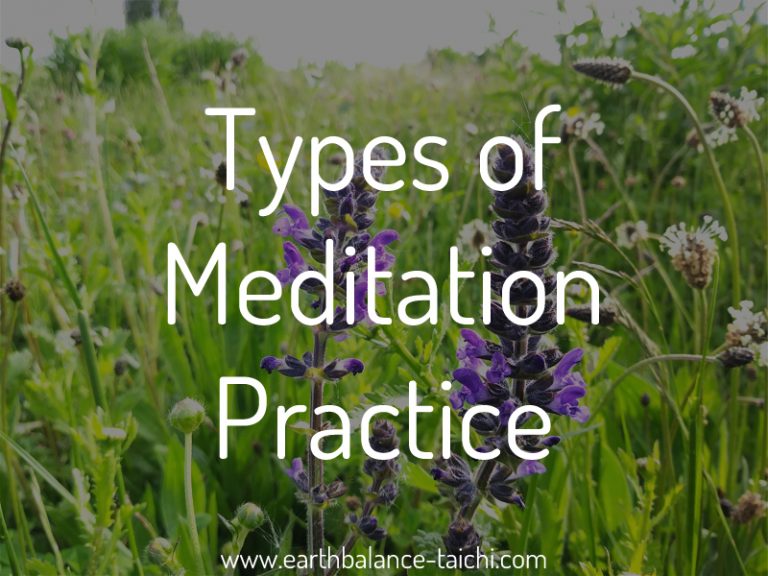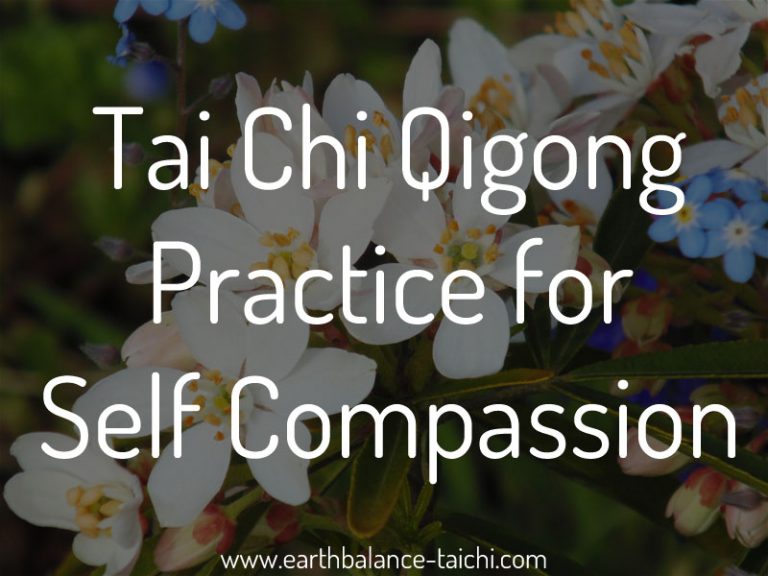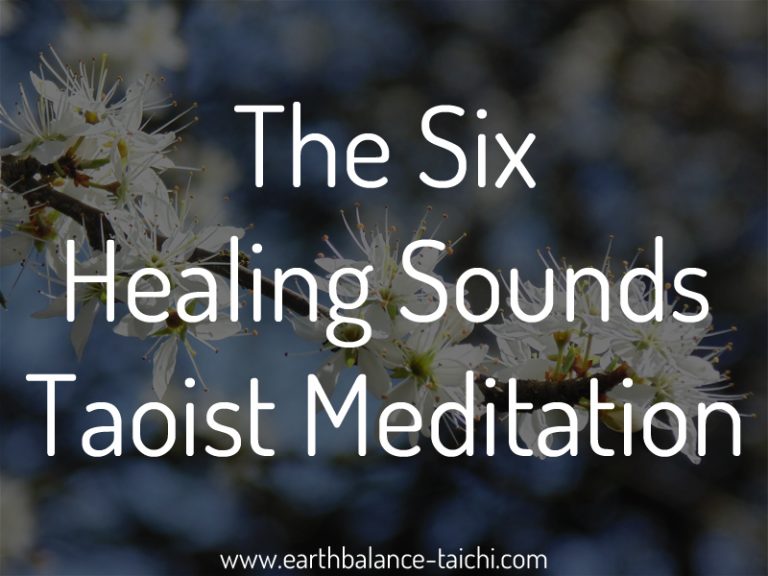Slowing Down in a Fast World
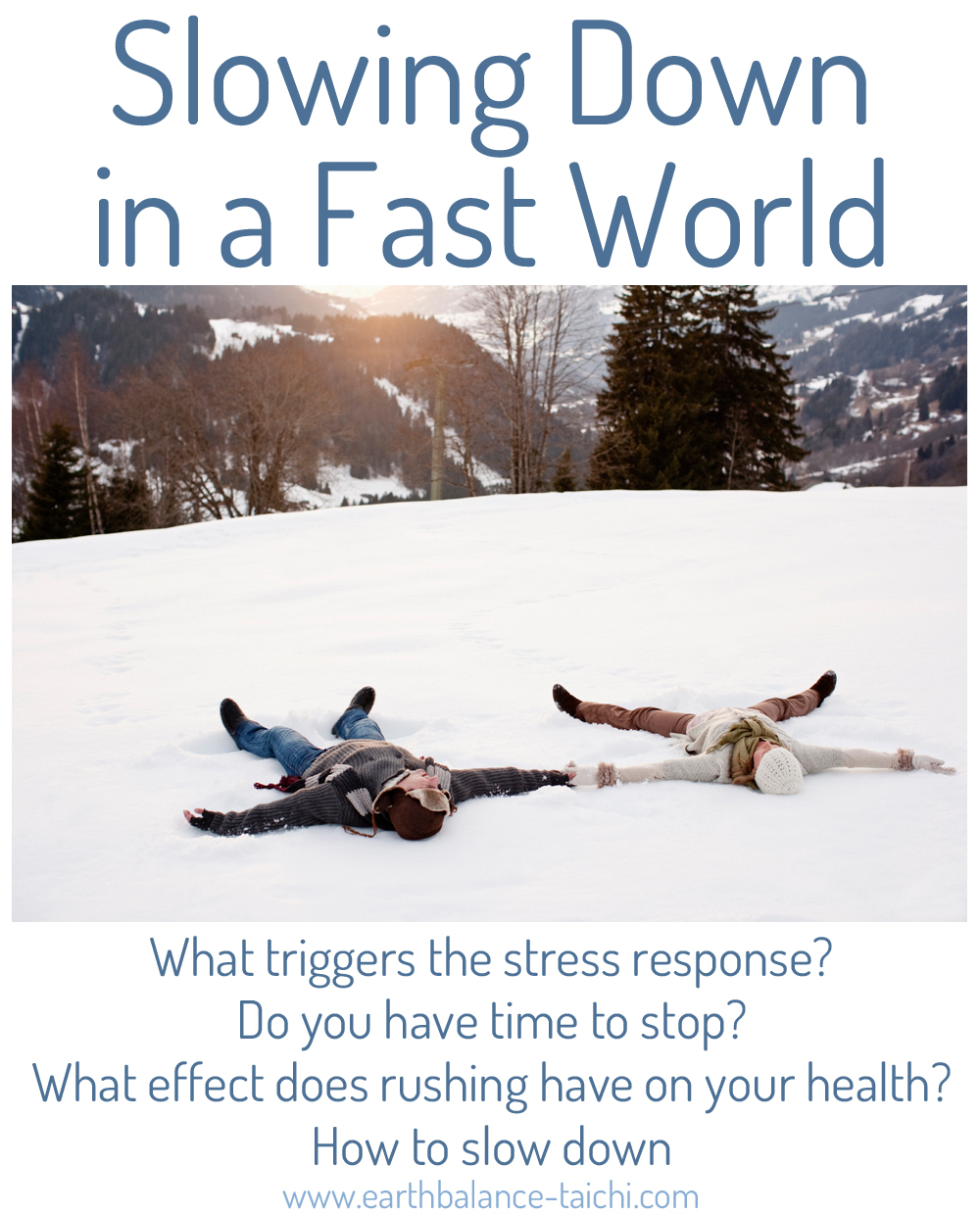
Slowing Down in a Fast World
If you consider your daily routine, what tasks and activities do you do at speed? I don't mean sports where you deliberately train fast for aerobic exercise and strength and conditioning training. I mean everything from chores to work, to speaking and movement. If you observe your pace, you may be surprised to see that everything you do is at speed. How can you slow down in a fast world? There are many expectations in our personal and professional lives, it can feel like we are squeezing in everything we need to do. What happens if you rush through life? Is it a sustainable and healthy state to live in? Read more about slowing down in a fast world.
The stress response can be triggered by the following:
- Perceived threats e.g. worrying about a non immediate threat from the past or in the future.
- Immediate threats e.g. something happening in the moment.
- Demand to perform e.g. a deadline at work.
- Demands outside of our perceived or actual ability e.g. an exam that you believe you won’t pass or pushing yourself beyond your boundary.
- Inability to cope e.g. feeling overwhelmed can lead to poor coping skills.
Internal threats come from within us; the expectations and pressure we put on ourselves, our emotions and feelings, psychology and mental health. External threats come from outside of ourselves; work, education, relationships, family, children, finances and life changes.

Do you have time to stop?
What if you live permanently in the stress response? Rushing around day to day? This could be cramming in many work or personal activities into your day, unachievable multi tasking, performing tasks quickly, being competitive, pushing yourself, striving for perfection or being busy all the time. How efficient and healthy is rushing really? Living constantly in stress, experiencing heightened negative emotions and growing physiological imbalance. We humans are able to push ourselves, to work passed our physical and cognitive boundaries, however it is not a sustainable state to live in day to day.
What negative effect does rushing have on our health?
- Rushing = fast movements, awkward movements, erratic and jagged movements, fast speech, shallow breathing, tense muscles, furrowed brow, restlessness, fidgeting, pacing etc.
- Rushing = activation of the automatic stress response (fight or flight – sympathetic nervous system).
Stress causes a physiological reaction in the body which is beneficial for immediate threats in the short term, known as acute stress, yet it is harmful to health when experienced as a constant state, known as chronic stress. Read more on body language and the stress response here.
Slowing Down in a Fast World - 1st stage of stress
- Faster pulse.
- Faster rate of breathing (usually shallow into the chest).
- Increased heart rate.
- Increase in blood pressure.
- Release of adrenaline.
- Blood circulates towards the major organs and moved away from the extremities.
- Pain receptors dulled.
Slowing Down in a Fast World - 2nd stage of stress
- All of stage 1 plus.
- Release of the stress hormone 'cortisol'.
- Immune, digestive and reproductive systems are suppressed.
- Disruption to hormones.
- Loss of appetite.
- Sleeping problems.
- The 2nd stage effects continue for a long time after the initial threat has gone.
Living in the 1st and 2nd stage of the stress response for a sustained amount of time has a cascading negative effect on your health. Read more about the effects that stress have on the body and the common symptoms.
When rushing
- Can you process new information?
- Can you learn?
- Can you concentrate fully?
- Can you make thoughtful decisions?
- Are your judgements neutral?
- Are you productive?
- Can you remember everything?
- Can you actively listen?
- Are your thoughts relaxed?
- Are you anxious or worried?
- Do you feel overwhelmed?
- Do you feel at ease and happy?
- Can you cope with change?
- Is this state the natural you?
Try being ‘slow’
Activity: Try performing one activity slowly, with consideration and a singe point of focus. This could be cooking a meal, cleaning the floor, walking the dog and so on. Take in every second of each moment with awareness and softness.
The idea is to mimic the relaxation state, to soothe your central nervous system into slowing down your heart rate, lowering blood pressure and settling into a neutral state. You may resist initially, and negotiate with yourself back into your fast groove. Persevere and you will feel comforted, centred and at ease.
Slowing Down in a Fast World - Why Tai Chi and Qigong?
They are both physical exercise practices of applied relaxation and deliberate slow movements combined with deep and lengthened breathing. We deliberately slow our central nervous system down by mimicking a calm physical state, which activates the body’s natural and automatic relaxation response. With regular practise, this helps the body switch back to neutral, lessening chronic stress and the negative health effects that come with it. Over time you can increase your body’s ability to be stay in a calm state, without you training it to do so, like gaining muscle memory. Train the skill of slowing down for better health in mind and body.

